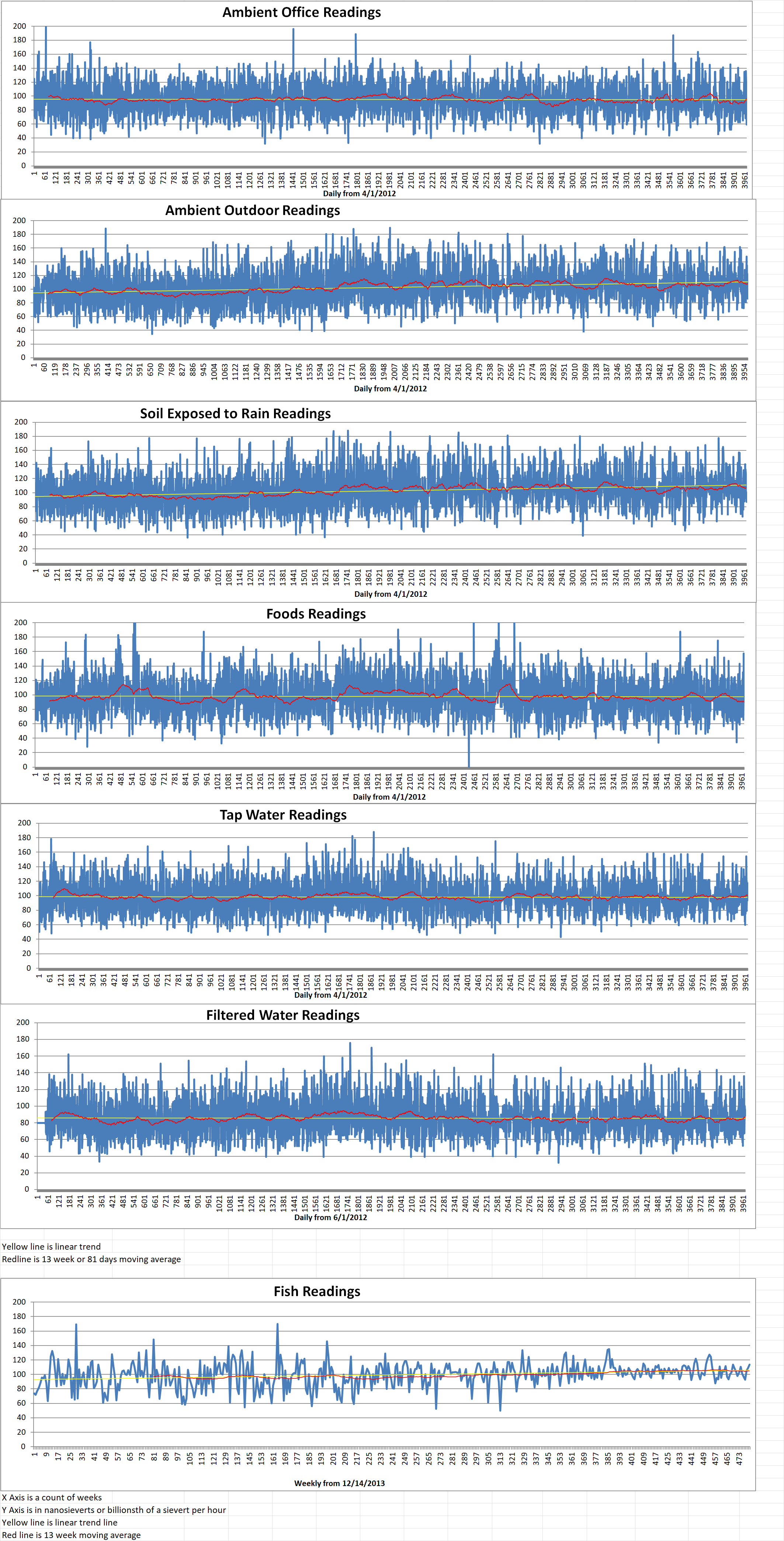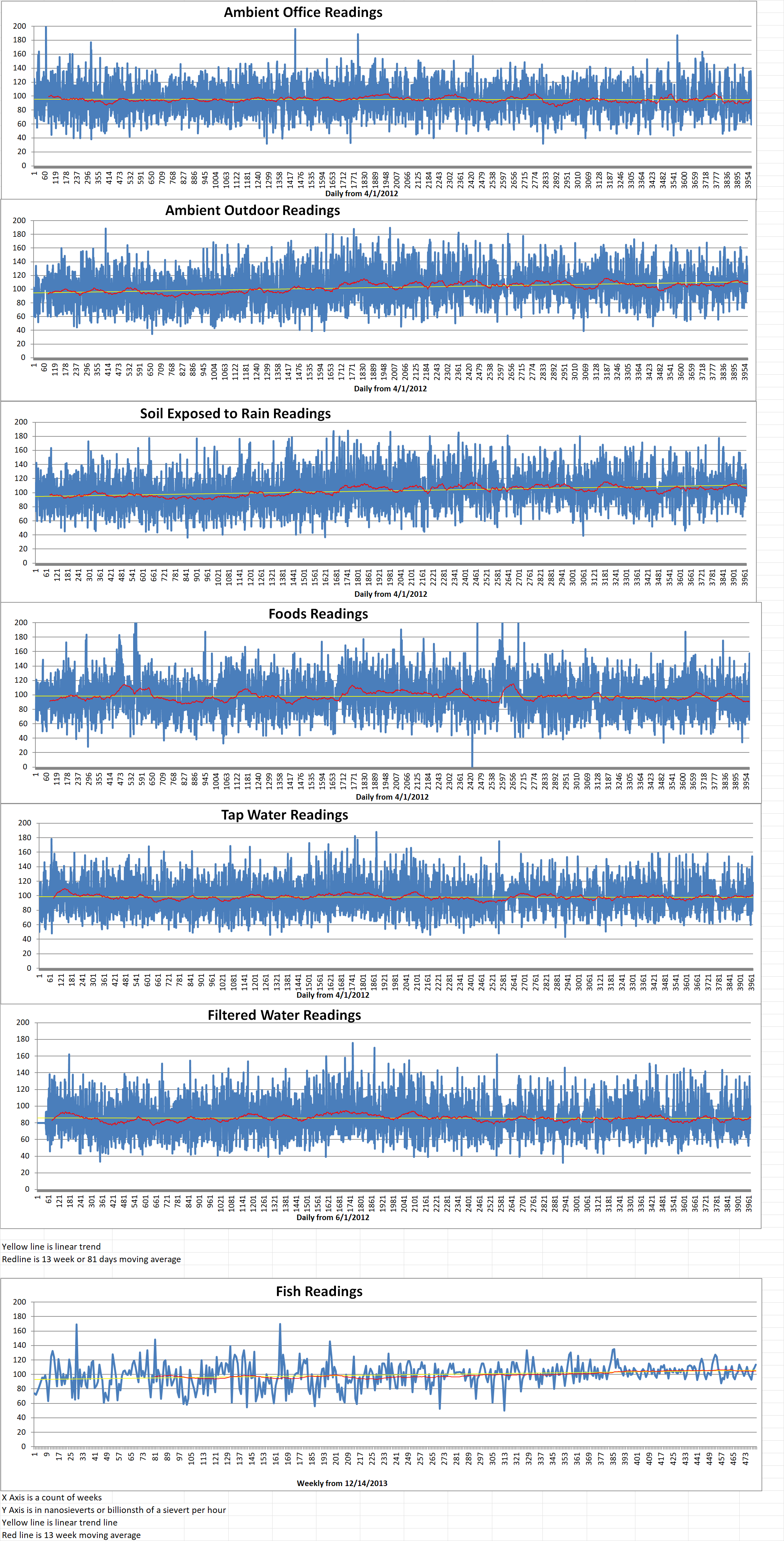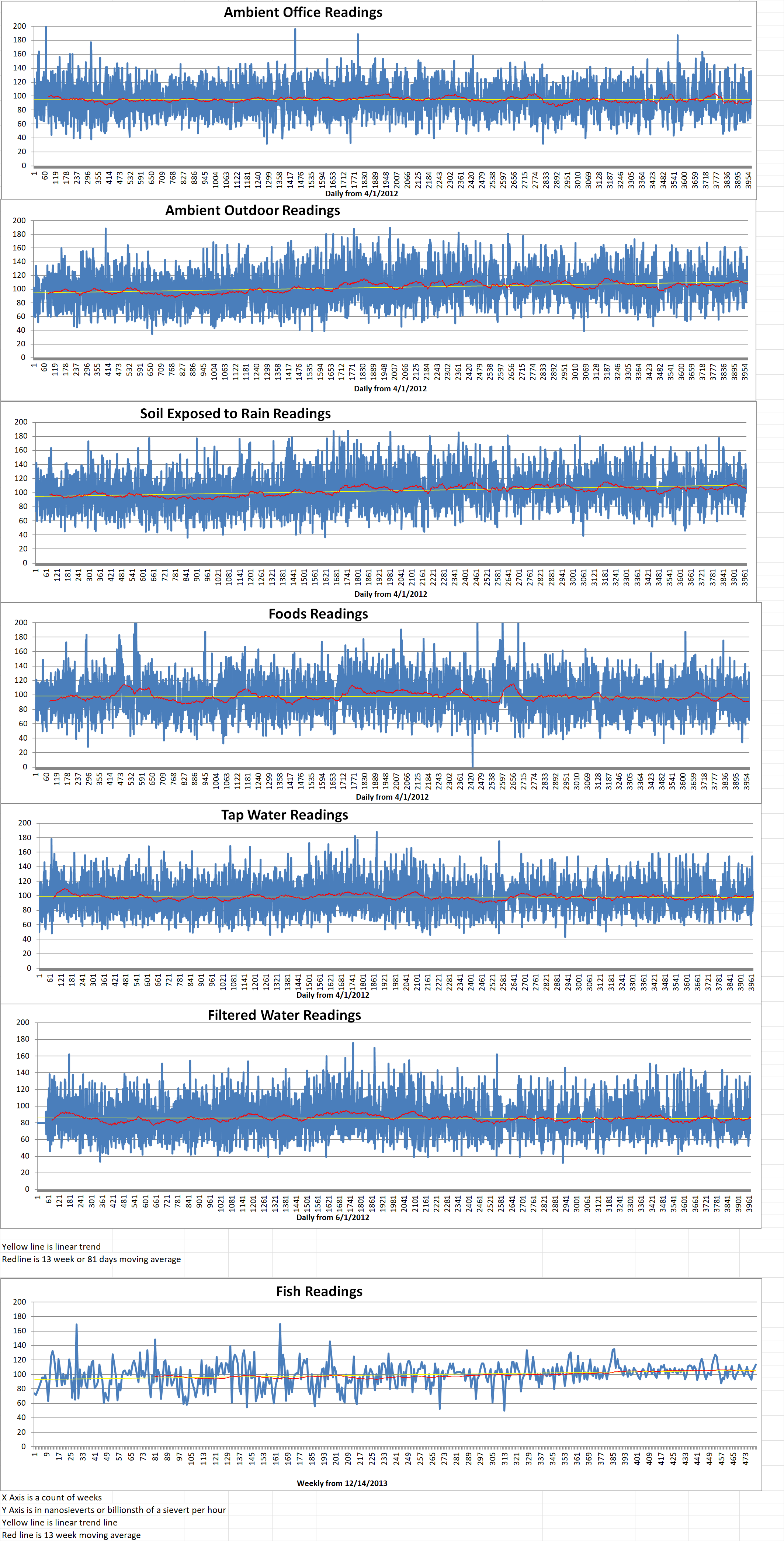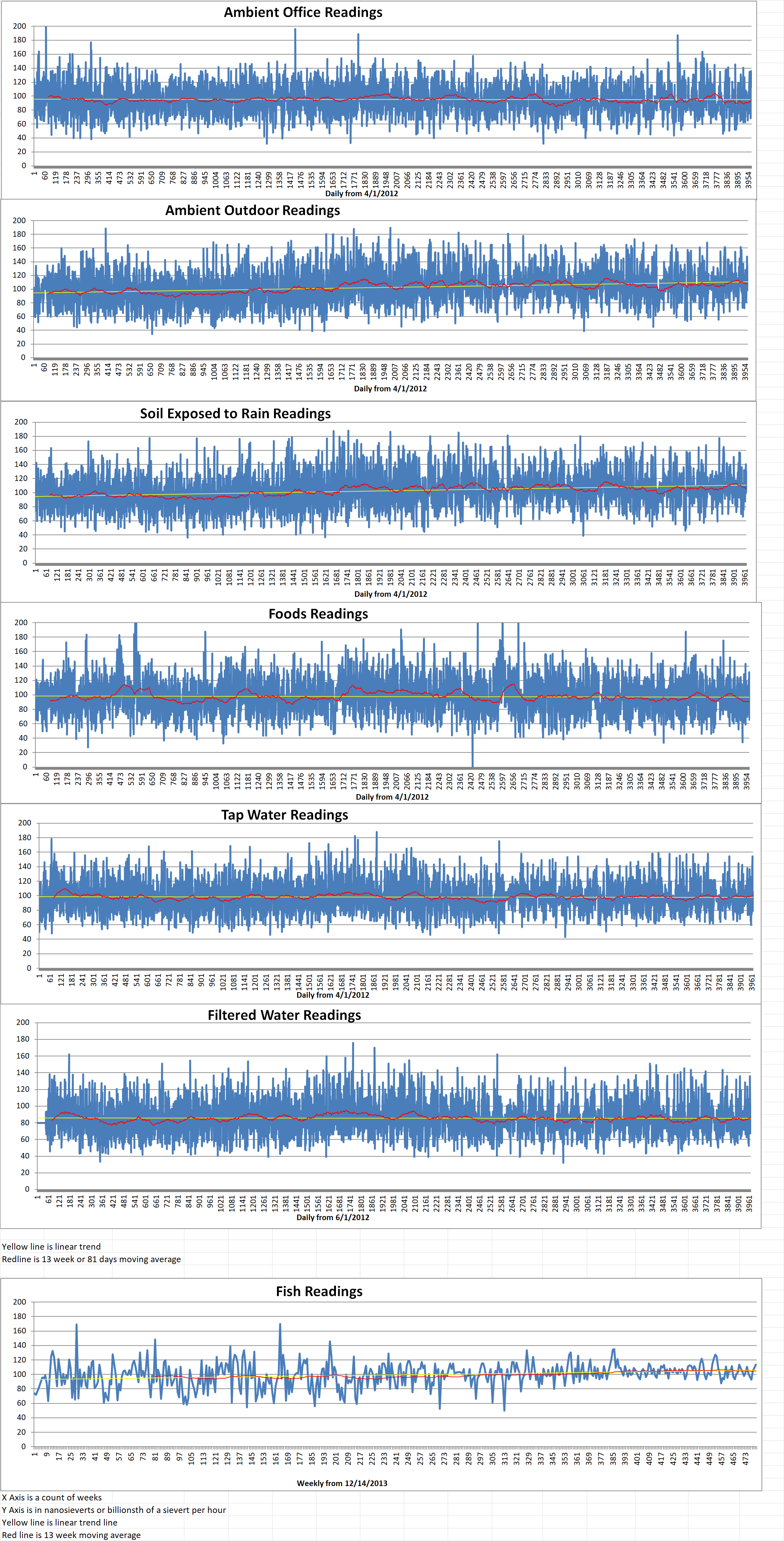Part 2 of 2 Parts (Please read Part 1 first)
A ceremony dedicated to the delivery of the first batch of nuclear fuel to the first NPP in Turkey was held at the construction site on April 27th. This was a historic event that marked the entry of the Republic of Turkey into the community of nations developing nuclear generation technologies on their territory.
Recep Erdoğan is the President of the Republic of Turkey. He took part in the ceremony and was joined by Vladimir Putin, the President of the Russian Federation, via videoconferencing. Rafael Grossi, director general of the International Atomic Energy Agency, Fatih Dönmez, Minister of Energy and Natural Resources of Turkey, Alexei Likhachev, director general of Rosatom, Anastasia Zoteeva, CEO of JSC Akkuyu Nuclear, and many other official guests attended the ceremony.
The Akkuyu NPP is the first project in the global nuclear industry being implemented in accord with the Build-Own-Operate model.
Regarding the supply chain, Turkey is monitoring the example of the United Arab Emirates (UAE) which is in the process of deploying four Korean-designed APR1400 reactors at the Barakah site. Three of these four units are now online. More than two thousand UAE companies have secured contracts that total more than four billion eight hundred million dollars for a range of products and services to support Bakarah. The percentage of local products is rising. Ducab is a UAE cable manufacturing company which provided electrical cables to the Barakah NPP. It has even exported its products back to the Korean market.
Targeting its 2053 zero carbon goal, Turkey will continue to increase its nuclear capacity. Negotiations continue for the second Turkish NPP which is planned to be located in the country’s north. The Turkish government is in contact with Russia, South Korean and U.S.-based nuclear vendors with respect to the project. For the third Turkish NPP, conversations with South Korea and China have taken place. The Turkish government is also looking at SMR technologies which could be a game-changing technology for Turkey’s energy market. In addition, Turkey is considering Generation IV reactors based on indigenous thorium resources.
Turkish companies have sufficient knowledge, ability and experience in manufacturing and construction sectors. NIATR believes that Turkey’s industrialists can take important roles in the equipment supply chain for NPPs not only in Turkey but also in the whole region. Many neighboring countries including Bulgaria, Romania, Egypt, Jordan, the United Arab Emirates and Saudi Arabia are either starting or expanding on their nuclear power programs.
NIATR along with Ankara Chamber of Industry and with Ministry of Energy and Natural Resources support and the Association of Organizations of the Construction Complex of the Nuclear Industry are organizing Nuclear Power Plants V Expo and IX Summit (NPPES) to be held on 21-22 June in Istanbul. It will welcome leading companies in the International nuclear market, industrial associations and government bodies. International nuclear industry players will meet with Turkish industrialists in at the Expo to negotiate opportunities for nuclear energy investments. The summit will include special sessions for Akkuyu NPP’s suppliers and practical business-to-business meetings traditionally attended by hundreds of Turkish people in business. Tender opportunities for construction materials will also be announced at the NPPES for local and global industrialists.
Akkuyu and other NPP projects should be considered not only power plants to meet electricity needs but also a tool to raise the technological level of Turkish industry in the international arena.
Blog
-

Nuclear Reactors 1222 – Turkey Moves Ahead With Its Nuclear Power Program – Part 2 of 2 Parts
-
Nuclear News Roundup May 16, 2023
South Korean experts begin 2-day inspection of Fukushima nuclear plant English.kyodonews.net
Permits granted for Belgian waste facilities world-nuclear-news.com
Kazakh research reactor recommissioned after fuel conversion world-nuclear-news.org
Remediation of Kyrgyz uranium legacy site to start world-nuclear-news.org
-

Geiger Readings for May 16, 2023
Ambient office = 77 nanosieverts per hour
Ambient outside = 86 nanosieverts per hour
Soil exposed to rain water = 87 nanosieverts per hour
English cucumber from Central Market = 90 nanosieverts per hour
Tap water = 94 nanosieverts per hour
Filter water = 89 nanosieverts per hour
-

Nuclear Reactors 1221 – Turkey Moves Ahead With Its Nuclear Power Program – Part 1 of 2 Parts
Part 1 of 2 Parts
Alikaan Çiftçi is the President of the Nuclear Industry Association of Turkey (NIATR). He recently explained that Turkey aspires to be a major regional manufacturing, trade and logistics hub to take advantage of the opportunities for nuclear energy in the Middle East, Africa and Turkey.
It is expected that nuclear electricity generation capacity in Turkey, the Middle East and Africa will increase rapidly in the next two decades thanks to the completion of existing projects and projected construction agreements between countries in the region and nuclear vendors.
Currently, fossil fuels account for more than ninety five percent of electricity production for all these countries’ energy needs. The growth in nuclear power capacity in the region will reduce dependence on these energy sources. It will also ensure energy security and meet increasing energy demand from population and economic growth.
Nuclear energy provides cleaner, stable, reliable and cost-effective electricity. As a low-carbon baseload energy source, nuclear energy plays an important role in the decarbonization of the economy. Achieving supply stability in Turkey is critical where energy security is a vital issue for its strategic position in the region.
Turkey has a National Energy Plan. The Plan calls for electricity to be produced by nuclear power plants in Turkey to reach eleven percent of the total energy production by 2030. The Turkish government claims that their energy portfolio will include conventional nuclear power plants under construction and planned. Small modular reactors will also be included.
The Akkuyu nuclear power plant (NPP) on the Mediterranean coast of Turkey will be their first nuclear power plant. It is expected to have an installed capacity of four thousand eight hundred gigawatts. The first of the four planned units now has nuclear fuel on site. This coincides with the one hundredth anniversary of the Republic. Akkuyu NPP will employ about four thousand people during its operational phase. The estimated contribution of the NPP to Turkey’s gross domestic product over its entire life-cycle will be about fifty billion dollars. The NPP is being constructed by Rosatom, the Russian state atomic energy corporation.
There were two devastating earthquakes last February in Turkey’s southern province, where the Akkuyu NPP is located. However, no damage was reported to the Akkuyu NPP being constructed in Mersin, Gulnar district. According to statements from Akkuyu spokespersons, the experts did not detect any damage to the buildings, equipment and cranes. Construction and assembly work at the NPP continue.
The economic vitality created by the Akkuyu NPP is attraction attention. The project has become one of the biggest employment centers in the region during the construction process. It has set an example of successful localization with its supply changing of more than four hundred Turkish companies.
Turkish manufacturers are providing a wide range of equipment from valves to pipes, storage tanks, reinforcing steel and various construction materials. Cables, heat and water insulation materials, cable trays, building materials, fire-resistant products, paints and coatings, brick products, and stainless steel materials are also being supplied by Turkish manufacturers. Turkish companies are gaining great experience in how and which materials should be manufactured in the nuclear field. The Akkuyu NPP not only contributes to employment but also creates “know-how” in the Turkish nuclear sector.
Please read Part 2 next
-
Nuclear News Roundup May 15, 2023
Russia must cancel dangerous plan to station nuclear weapons in Belarus politico.eu
Moscow says G7 nuclear rhetoric intended to pressure Russia, China reuters.com
EU renewable energy deal delayed on role of nuclear in transition weforum.com
US bombs unlikely to reach underground Iran nuclear site Aljazeera.com
-

Geiger Readings for May 15, 2023
Ambient office = 59 nanosieverts per hour
Ambient outside = 97 nanosieverts per hour
Soil exposed to rain water = 96 nanosieverts per hour
Celery from Central Market = 157 nanosieverts per hour
Tap water = 118 nanosieverts per hour
Filter water = 96 nanosieverts per hour
-
Nuclear News Roundup May 14, 2023
Ukraine’s Energoatom says power outage at Zaporizhzhia Nuclear Plant reuters.com
Russian forces dig in at Ukrainian nuclear plant, witnesses say reuters.com
South Korean experts visit Fukushima nuclear plant before release of treated water into sea greenwichtime.com
EU leaders join Seoul in condemning North Korean nuclear and missile development nknews.com
-

Geiger Readings for May 14, 2023
Ambient office = 88 nanosieverts per hour
Ambient outside = 122 nanosieverts per hour
Soil exposed to rain water = 100 nanosieverts per hour
Blueberry from Central Market = 113 nanosieverts per hour
Tap water = 103 nanosieverts per hour
Filter water = 92 nanosieverts per hour
-
Nuclear News Roundup May 13, 2023
TVEL delivers new equipment for Chinese VVER-1000 fuel production world-nuclear-news.org
Quiet quarter for US uranium production as momentum builds world-nuclear-news.org
Feasibility study identifies seven potential nuclear plant sites in southwest Virginia timesnews.net
Russia denounces US manipulation data on nuclear weapons plenglish.com
-

Geiger Readings for May 13, 2023
Ambient office = 113 nanosieverts per hour
Ambient outside = 99 nanosieverts per hour
Soil exposed to rain water = 102 nanosieverts per hour
Tomato root from Central Market = 65 nanosieverts per hour
Tap water = 103 nanosieverts per hour
Filter water = 100 nanosieverts per hour
Dover Sole from Central = 114 nanosieverts per hour
